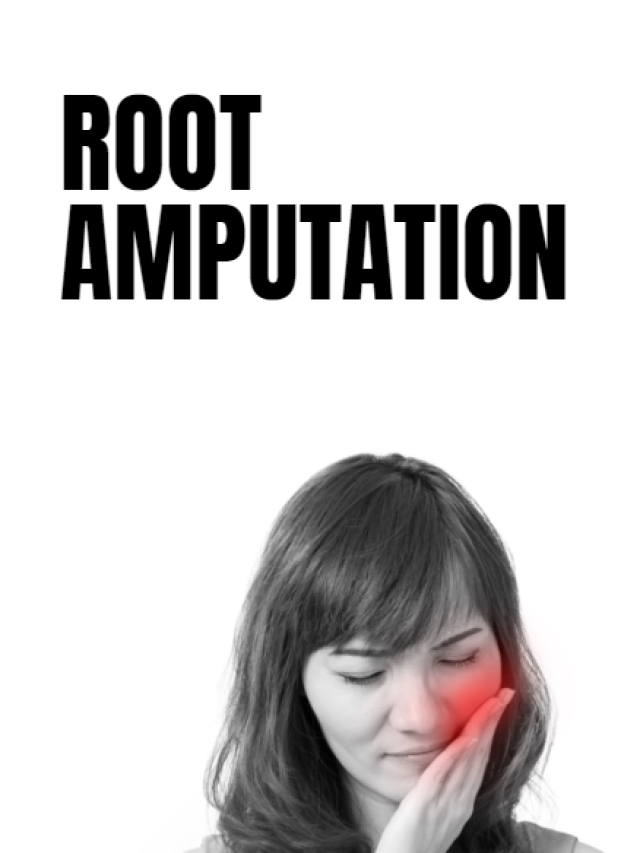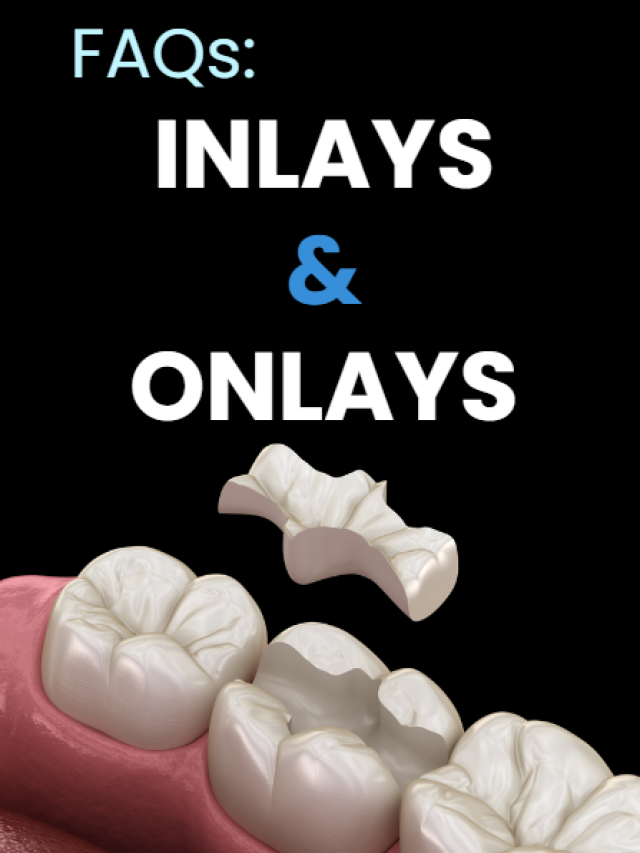
24
Aug
A Guide to Root Resorption and Treatment Options

The process of root resorption can threaten the health and structure of a tooth. You are at the right place for swift, precise, and effective treatment options to resolve this damaging condition and restore the affected teeth to health. Our endodontist, Dr. Fanny Yacaman, is among the handful of specialists worldwide to have demonstrated clinical experience and knowledge of complex techniques and procedures to resolve severe damage to the innermost structures of the teeth.
Dr. Yacaman was a member of the first group at USC to establish an experimental study model to research root resorption at the molecular level. Additionally, she uses specialized materials such as Mineral Trioxide Aggregate (MTA) to increase the likelihood of successful root canal therapy in treating teeth that have sustained damage from root resorption. Root canal therapy (RCT) may be appropriate for teeth that Dr. Yacaman has diagnosed with “internal root resorption.” Yet, it may not be suitable for those patients with other forms of resorption.
More on the Problem: Resorption
The process primarily refers to the breakdown of the tissues that attach the teeth to the gums. The body resorbs these tissues. Resorption occurs naturally as baby teeth fall out and make way for permanent adult teeth in childhood. When root resorption occurs in adult or permanent teeth, it can lead to tooth loss and the need for tooth replacement.
As noted, RCT may be the best treatment option for you if the tooth has internal resorption. As its name indicates, this internal form of resorption affects the innermost tooth structure. Damage occurs close to or within the pulp tissue. The root canals may also appear to be distorted. Rarely internal resorption is accompanied by more expansive bone loss (resorption) around the tooth. It can arise due to repeated dental procedures or other forms of trauma to the tooth. Again, RCT in our specialist’s skillful hands can preserve the tooth and remove the cells that trigger resorption or the progressive deterioration of the root tissues.
Request an Appointment
When viewed with our sophisticated imaging, external resorption may be present around or external to the root. This condition can also appear as flattened root tips and shortened roots. It can be accompanied by a more widespread bone loss in the surrounding supportive bony tissue. Furthermore, there are various “sub-types” of external root resorption; for instance, “inflammatory” resorption is caused by persistent trauma that gives rise to pathological resorptive processes, whereas “surface” resorption may be comparatively minor. It can include localized and limited injuries to the roots of the teeth or the areas that surround them.
Accurate diagnostics inform recommended treatment options. So, resorption treatment varies from individual to individual, based on factors such as the type (internal and external) and the sub-type of resorption and the severity of the damage, and where the damage has occurred to the tooth. Whatever the case may be, patients travel from all over the globe to Beverly Hills for Dr. Yacaman’s expertise. She has saved even critically-damaged teeth that would have been extracted at other dental offices.
If you are concerned about root resorption, there is undoubtedly a reason “why”! We urge you to contact us at (310) 861-3955 today before this destructive process progresses.
Dr. Yacaman’s expertise is further complemented by our prosthodontist, Dr. Frank Vidjak, and our onsite dental lab. So, our patients trust that restorations to rebuild the visible part of the treated tooth will look natural and last for years (with proper home care and professional dental visits, of course!).
Share this Article
The skilled doctors at our practice are Frank M. A. Vidjak, DDS, MSEd and Fanny Yacaman, DDS, MSEd, MS.


Smile Gallery
















